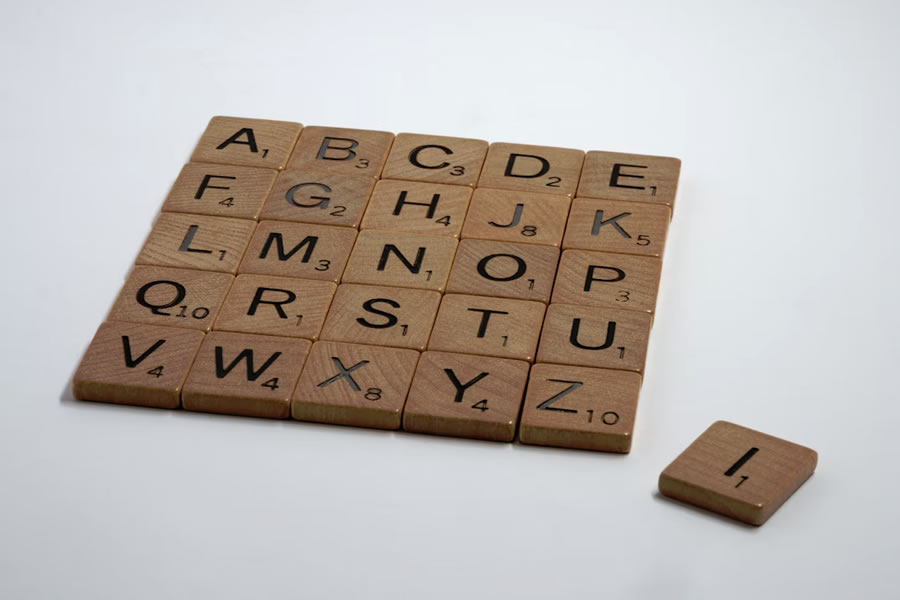Welcome, word enthusiasts and language aficionados! Today, we embark on a delightful journey through the linguistic minefield of common grammar mistakes. Language is a beautiful tapestry of expression, but sometimes, even the most eloquent among us stumble over the rules. Fear not, for we shall navigate these grammatical potholes with a touch of humor and wit. So, buckle up and prepare to have a laugh as we explore the 25 most prevalent grammar blunders that leave us both amused and slightly horrified.
Our List of 25 Grammar Gaffes That Keep English Teachers Awake at Night
- The infamous your/you’re mix-up
Remember, your is possessive, like “Your cat is plotting world domination,” while you’re is a contraction of “you are.” Get it right, or the grammar police may unleash their wrath! - Apostrophe catastrophe
When used to indicate possession, the apostrophe should come before the “s.” For example, it’s “The cat’s pajamas” and not “The cats’ pajamas,” unless you’re talking about a stylish gathering of feline fashionistas. - Commas gone wild
Ah, the humble comma. Its misuse can change the entire meaning of a sentence. Don’t be the person who writes, “Let’s eat, grandma” when what you really mean is “Let’s eat grandma.” Remember, punctuation saves lives! - Their, they’re, there
These three words sound the same but have different meanings. Their indicates possession, they’re is a contraction of “they are,” and there refers to a place. Messing them up is like playing a game of linguistic roulette. - The enigmatic effect of affect and effect
Affect is a verb that means to influence, while effect is usually a noun that signifies a result. So, if you’re still unsure, just remember that your smile can affect someone, but the effect it has is priceless. - The it’s/its debacle
Here’s another tricky pair. It’s is a contraction of “it is,” while its is the possessive form. As a wise language lover once said, “A cat may have nine lives, but it’s tail has only one.” - Loose vs. lose
When you lose something, it’s gone forever. But when something is loose, well, it’s just not tight enough. Mixing them up might lead to unintended outcomes, like “I want to loose weight” – though that sounds like an exercise routine for free-spirited pounds. - The dreaded double negative
Two negatives cancel each other out in math, but in grammar, they intensify the negation. So, please, don’t say, “I don’t want none of that,” unless you want all of it! - Irregular verb conjugation blues
English has its fair share of irregular verbs, like “go,” whose past tense is “went.” So, don’t be surprised if someone asks you, “Where did you go? Where did you go-o-o?” - Confusing “then” and “than”
Then refers to time or sequence, while than is used for comparisons. So, if you’re comparing two things, it’s “This pizza is better than that one,” not “This pizza is better then that one” – unless the pizza has some miraculous transformative powers. - The case of the misused “literally”
People often misuse “literally” for emphasis, even when it doesn’t make literal sense. It’s like saying, “I’m literally dying of laughter,” when you’re clearly alive and well. Let’s save “literally” for those extraordinary moments, like finding out there’s an extra slice of cake. - Mix-up between “imply” and “infer”
When you imply something, you’re suggesting it, while inferring means drawing a conclusion. Don’t be surprised if someone says, “You implied it, but I inferred something completely different!” - Unnecessary quotation marks
These little guys have a specific purpose, so don’t abuse them. Using quotation marks for emphasis is like saying, “The ‘best’ pizza in town,” which might make you question the quality of the toppings. - The ever-confusing “fewer” and “less”
Fewer is used when you can count the items, while less is for uncountable quantities. So, it’s “fewer cats” and “less water,” unless you’re dealing with a mythical liquid that eludes quantification. - Misplacing the possessive apostrophe
Possessive nouns get the apostrophe treatment, but it’s not necessary for pronouns. So, it’s “The cat licked its paw” and not “The cat licked it’s paw” – unless the paw belongs to a highly intelligent cat named It. - Confusing “accept” and “except”
Accept means to receive or agree to, while except means to exclude. Confusing them is like saying, “I’ll except your apology,” leaving someone in an uncomfortable state of limbo. - The perils of “affect” and “effect” (round two)
Yes, we’re back at it. Remember, affect is a verb, and effect is usually a noun. If you find yourself feeling dizzy, just think, “Affect is the action, and effect is the aftermath.” - Mixing up “principal” and “principle”
The principal is the head of a school, while principle refers to a fundamental truth. So, if you find yourself saying, “My high school principle taught me right from wrong,” it’s time to revisit your alma mater. - The mysterious misuse of “irregardless”
Spoiler alert: Irregardless is not a word! It’s a mash-up of “regardless” and “irrespective.” Using it may cause grammarians to collectively cringe. - Homophone havoc
English is full of homophones, words that sound the same but have different meanings. Be careful not to mix up “their” and “there,” “to” and “too,” or “hear” and “here.” Otherwise, you might find yourself in a world of confusion. - Confusion between “your” and “you’re”
Your shows possession, while you’re is a contraction of “you are.” Getting them wrong is like handing someone a bouquet of grammatical red flags. - The battle of “who” and “whom”
Knowing when to use “who” and “whom” can be tricky. A simple rule of thumb
use “who” when referring to the subject and “whom” for the object. If that fails, just give them both a nod and a wink and hope for the best. - The endless “there, their, they’re” saga
We’ve come full circle with this trio of troublemakers. There refers to a place, their indicates possession, and they’re is a contraction of “they are.” Mastering their differences will earn you the admiration of grammar enthusiasts everywhere. - The elusive semicolon
The semicolon is a punctuation mark that connects two related ideas. It’s like a grammar superhero, bridging the gap between independent clauses. Just be sure not to abuse its powers; otherwise, chaos might ensue. - Misspelling “definitely” as “definately”
This one seems to slip through the spellcheck cracks quite often. Remember, it’s definitely with an “i,” because we definitely want to get it right.
Congratulations! You’ve survived the rollercoaster ride through the labyrinth of grammar mishaps. Language is a quirky beast, and even the most attentive wordsmiths stumble occasionally. So, let’s embrace the joy of learning, celebrate our imperfections, and remember that laughter is the best remedy for grammatical gaffes. Until next time, keep the language alive and the typos at bay!




